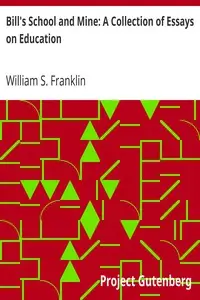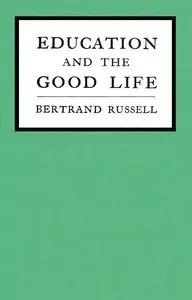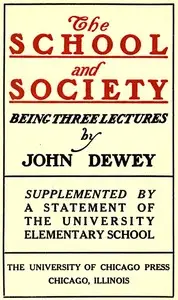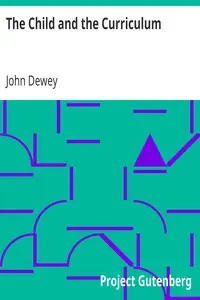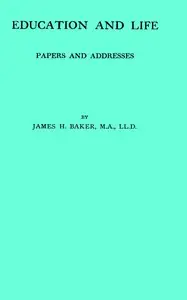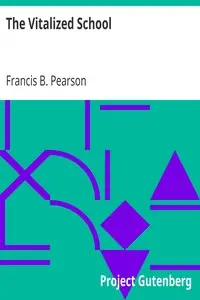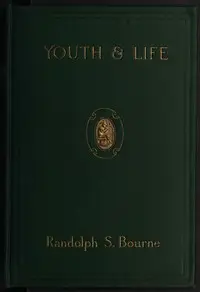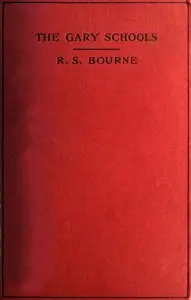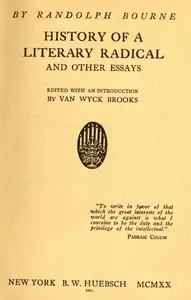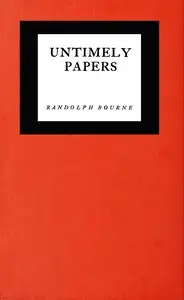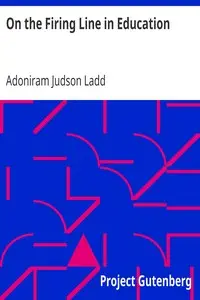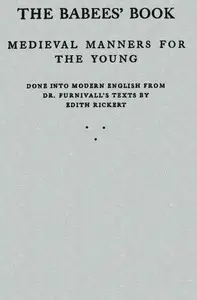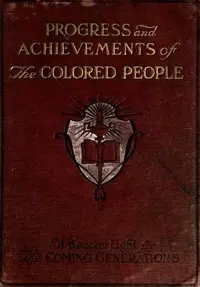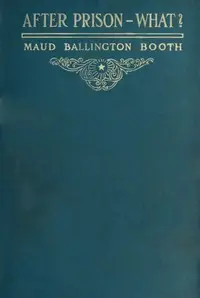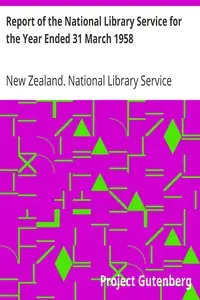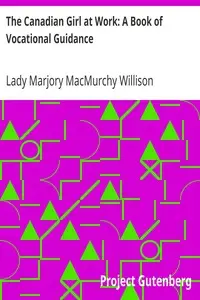"Education and Living" by Randolph Bourne is a collection of writings about reshaping schools into vital spaces for youngsters, pushing for a way of teaching where learning and life are connected, boosting doing over just listening. He takes ideas from John Dewey, highlighting how crucial it is to grow curiosity, imagination, and teamwork in schools. Right away, the author talks about seeing learning as a part of life, not just getting ready for it. He questions old-fashioned schools, seeing them more like prisons than happy learning spots and pushes teachers to switch things up, putting kids' needs first and making places where curiosity blooms. This kicks off a set of pieces that pick apart what's wrong with how things are now, backing a more hands-on, all-around method that uses the messy, amazing stuff of being a kid.
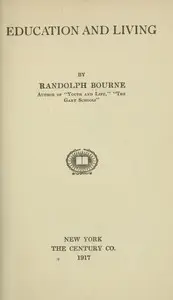
Education and living
By Randolph Silliman Bourne
Discover how turning classrooms into vibrant communities fuelled by curiosity and real-world experiences can revolutionize education for children.
Summary
About the AuthorRandolph Silliman Bourne was a progressive writer and intellectual born in Bloomfield, New Jersey, and a graduate of Columbia University. He is considered to be a spokesman for the young radicals living during World War I. His articles appeared in journals including The Seven Arts and The New Republic. Bourne is best known for his essays, especially his unfinished work "The State," discovered after he died. From this essay, which was published posthumously and included in Untimely Papers, comes the phrase "war is the health of the state" that laments the success of governments in arrogating authority and resources during conflicts.
Randolph Silliman Bourne was a progressive writer and intellectual born in Bloomfield, New Jersey, and a graduate of Columbia University. He is considered to be a spokesman for the young radicals living during World War I. His articles appeared in journals including The Seven Arts and The New Republic. Bourne is best known for his essays, especially his unfinished work "The State," discovered after he died. From this essay, which was published posthumously and included in Untimely Papers, comes the phrase "war is the health of the state" that laments the success of governments in arrogating authority and resources during conflicts.

